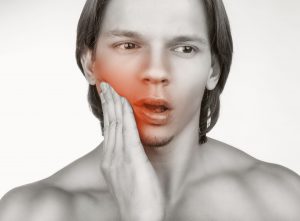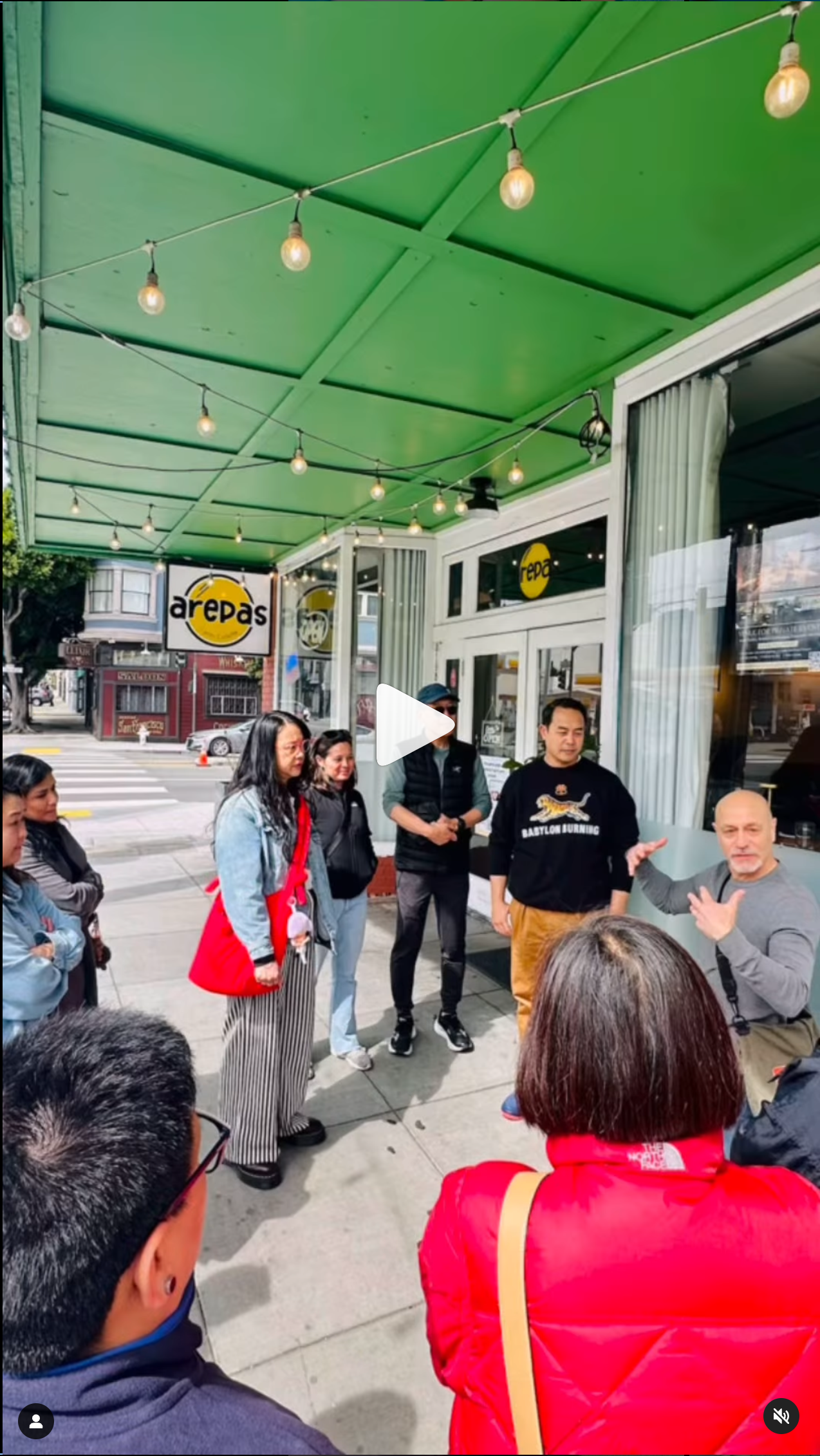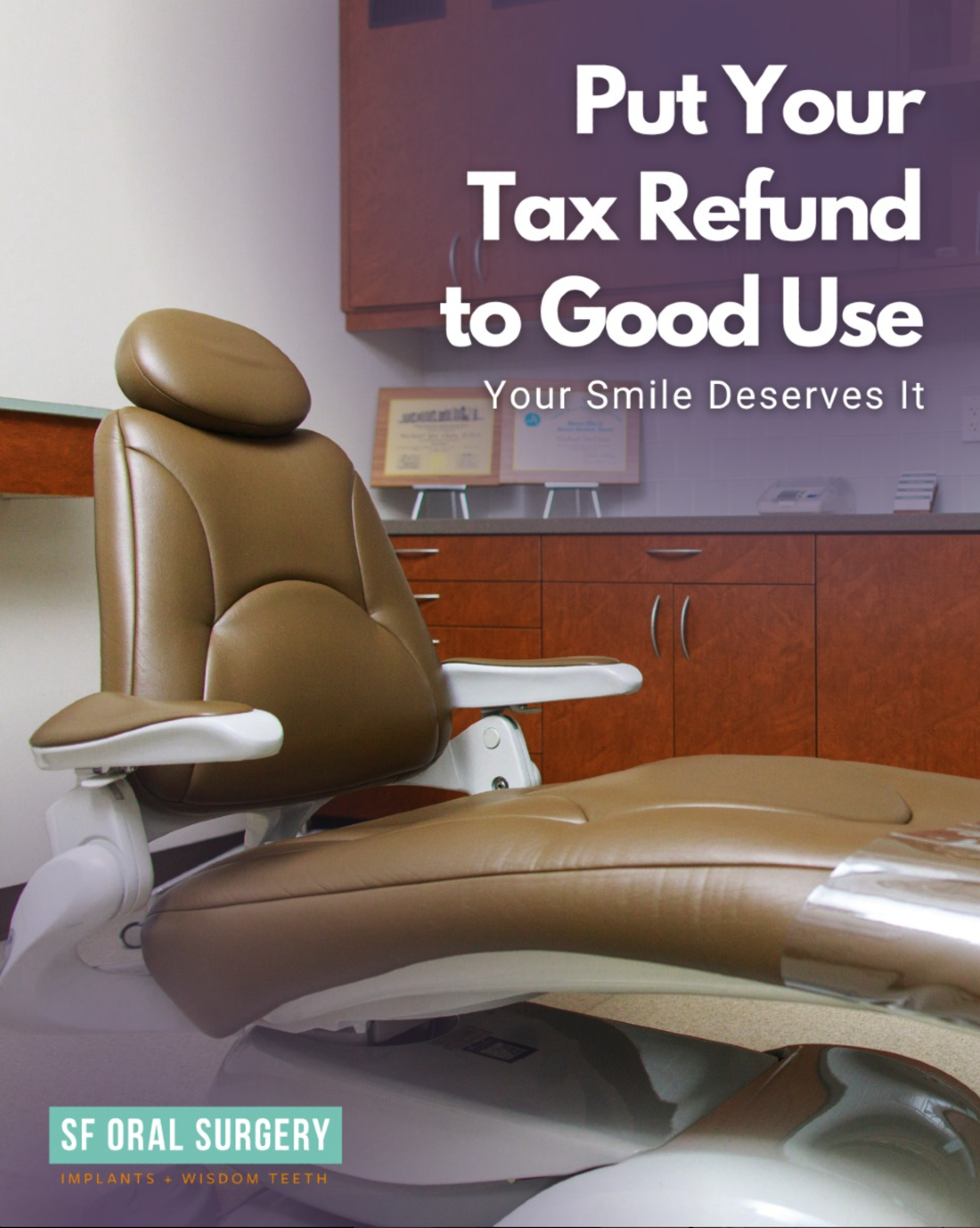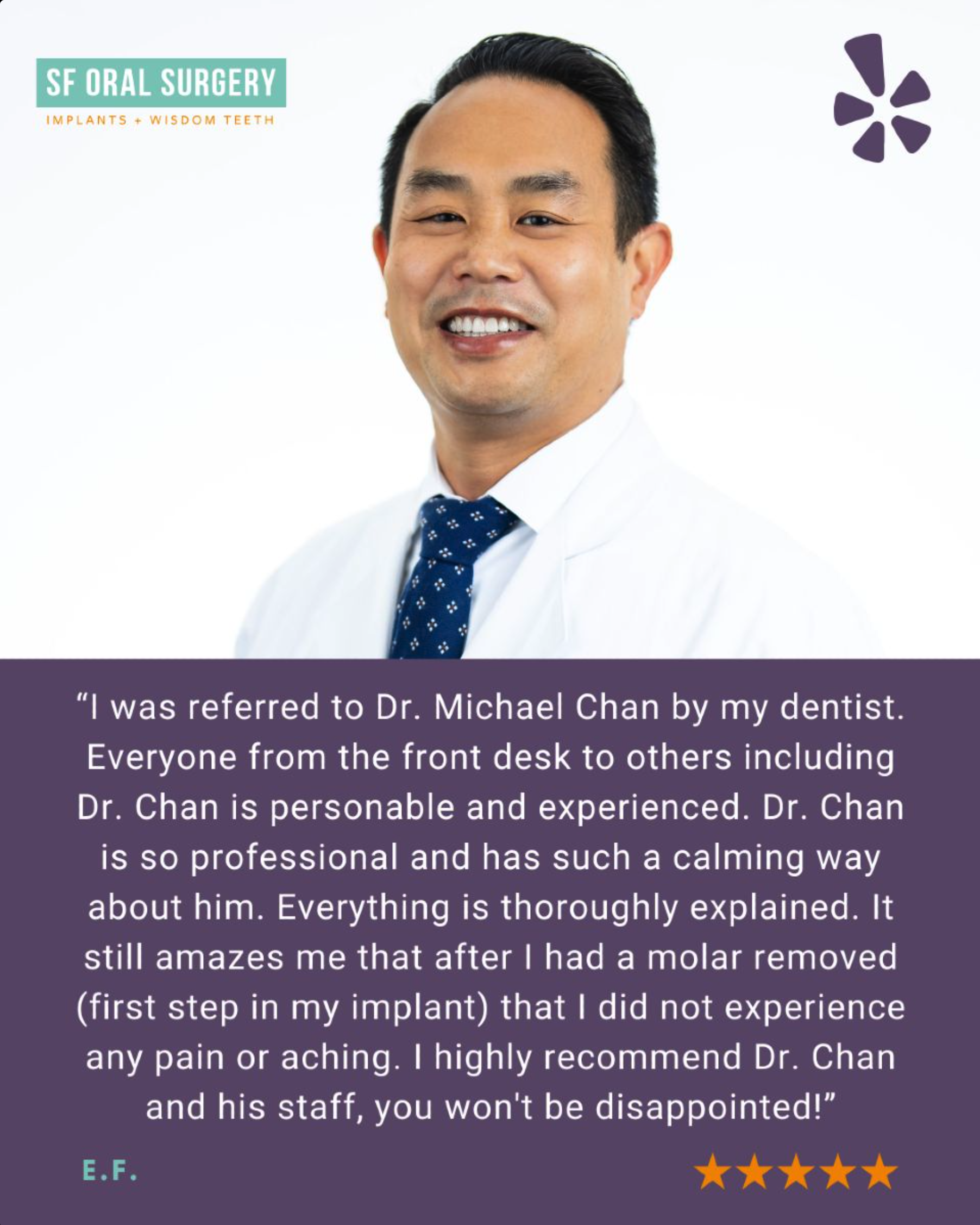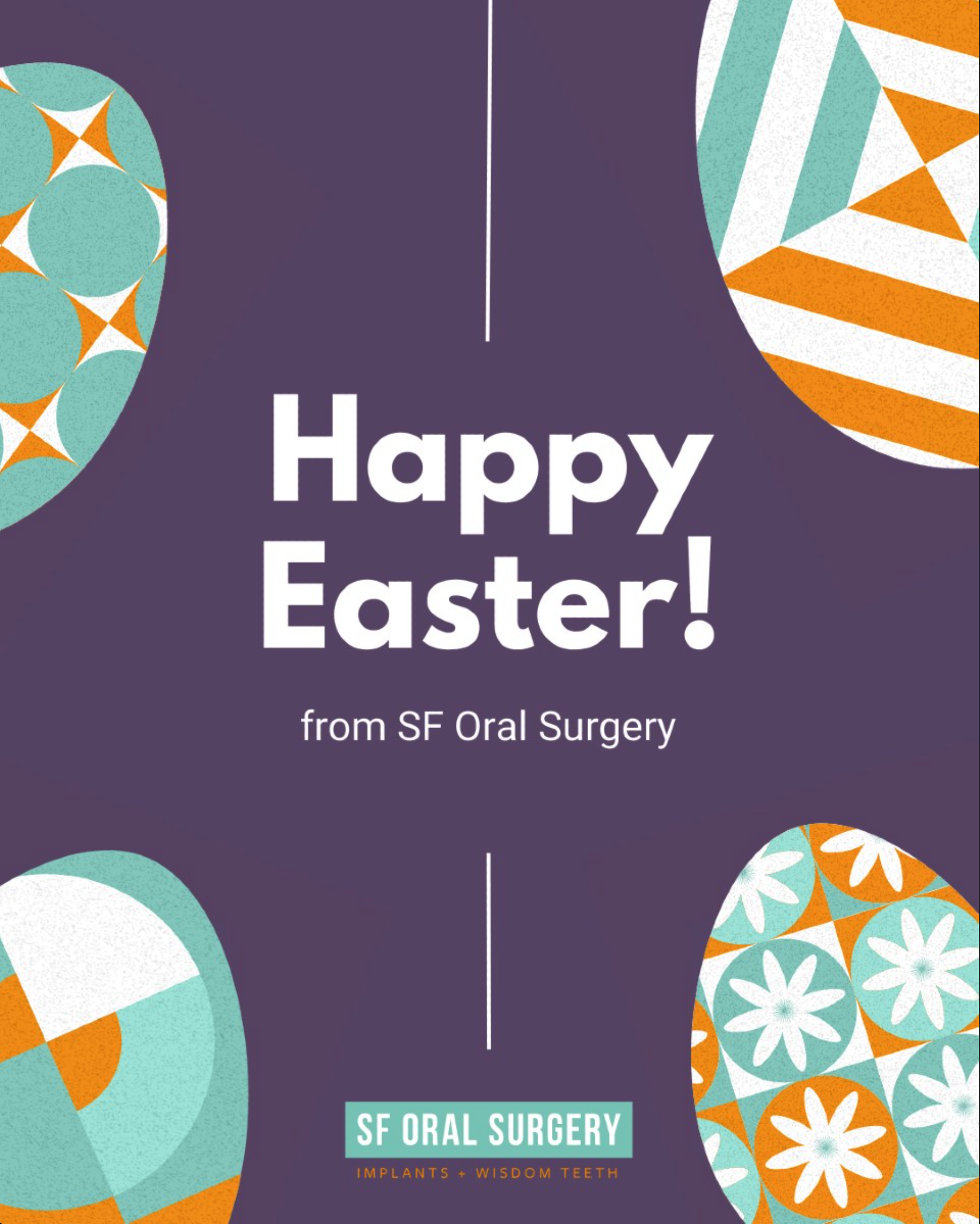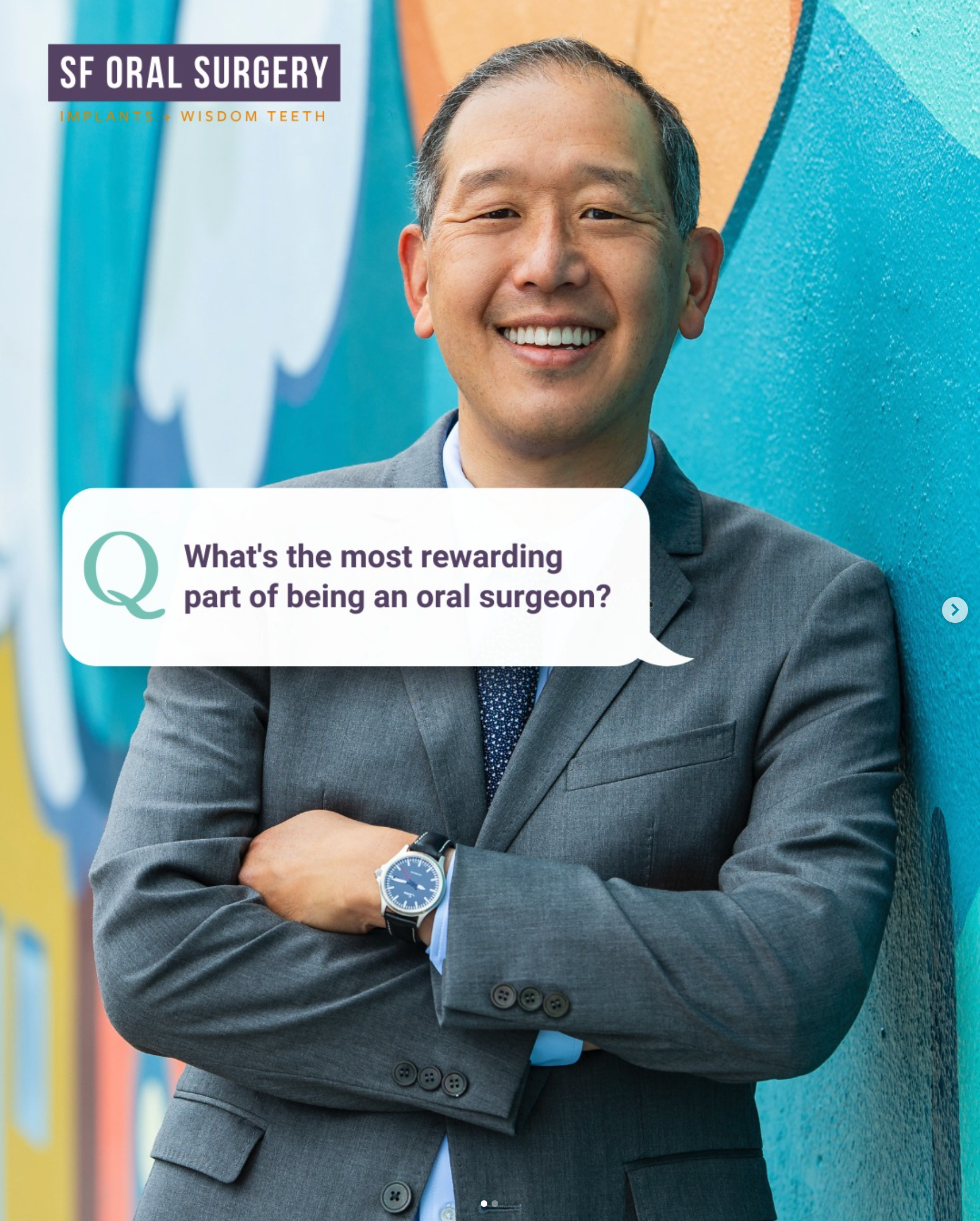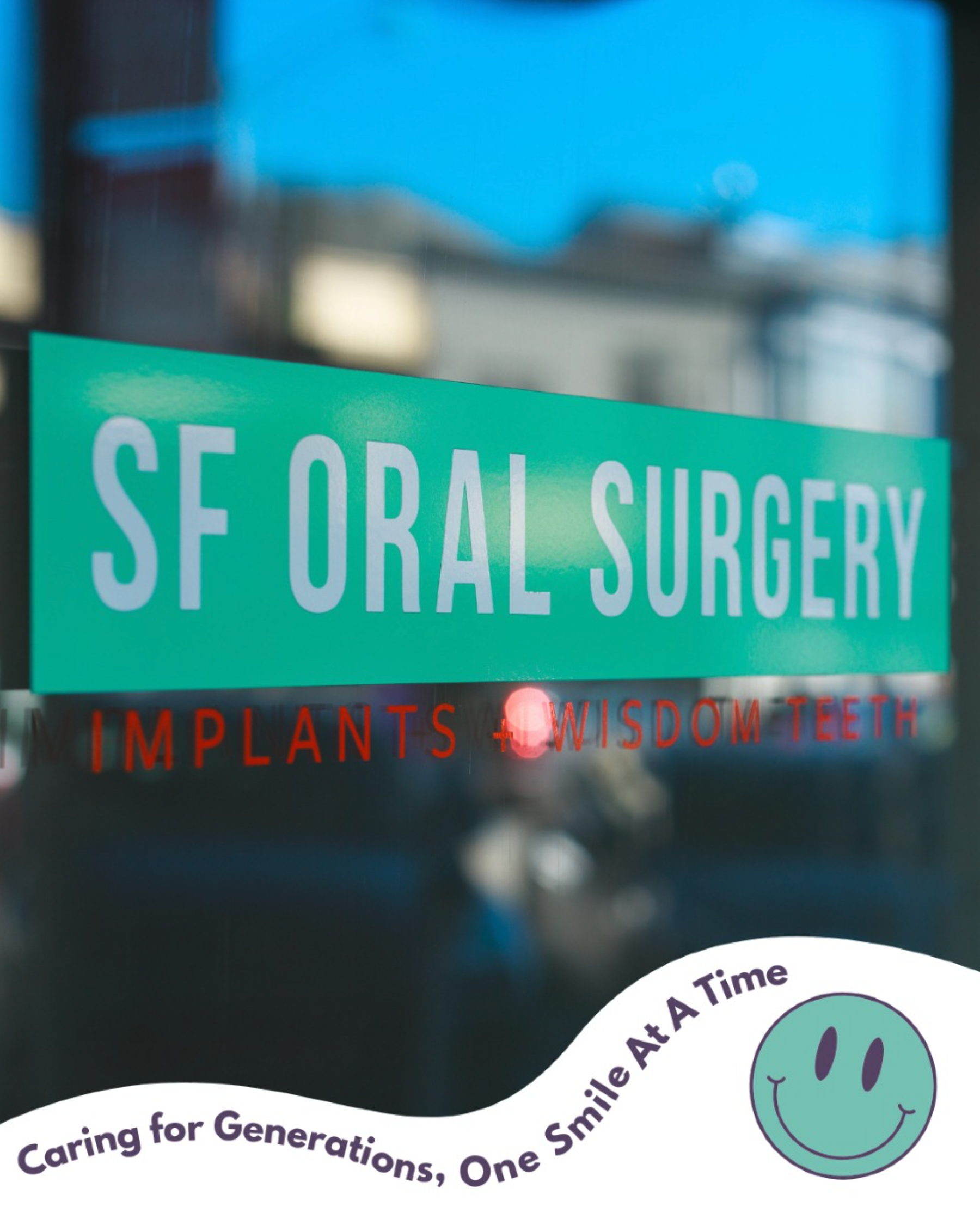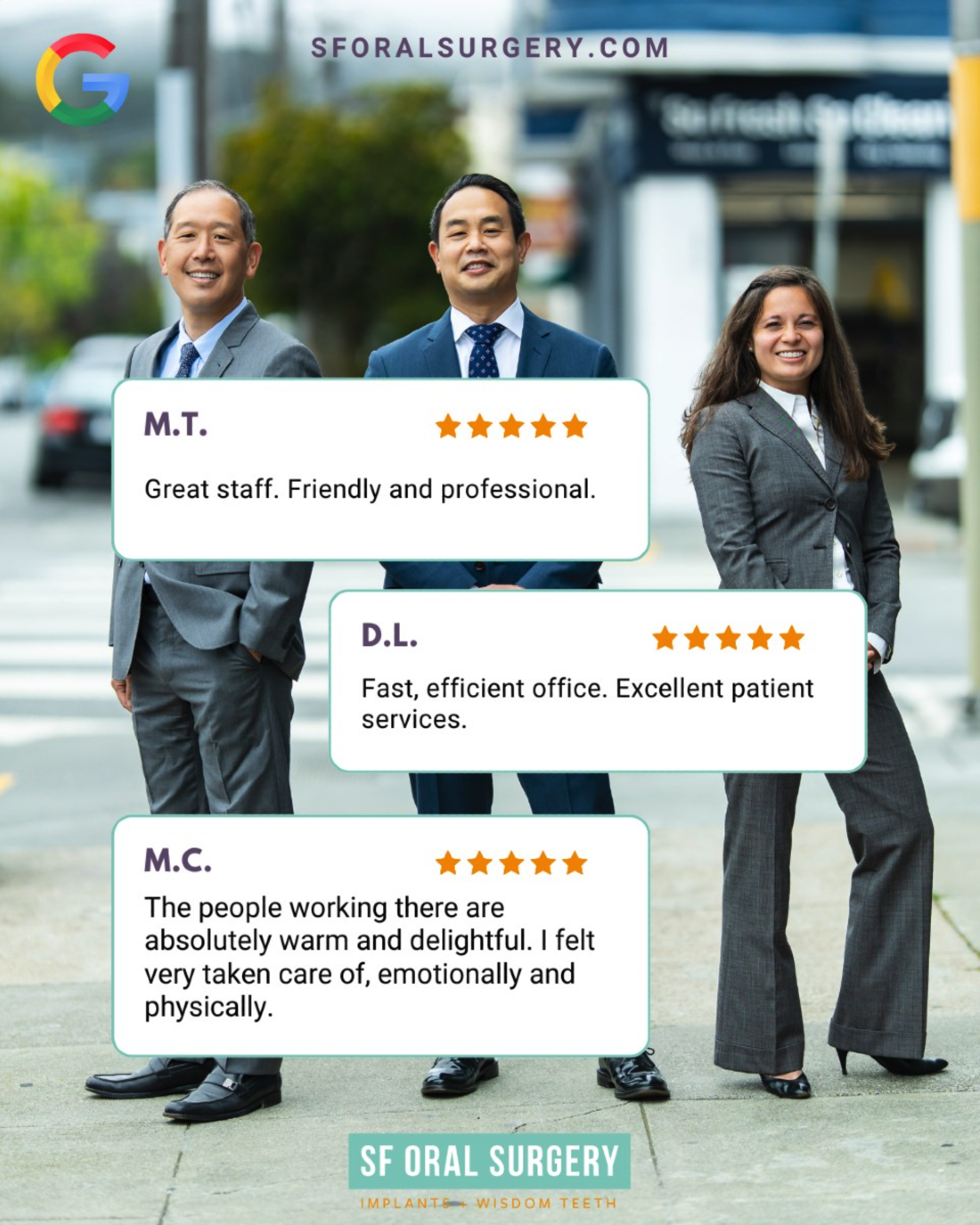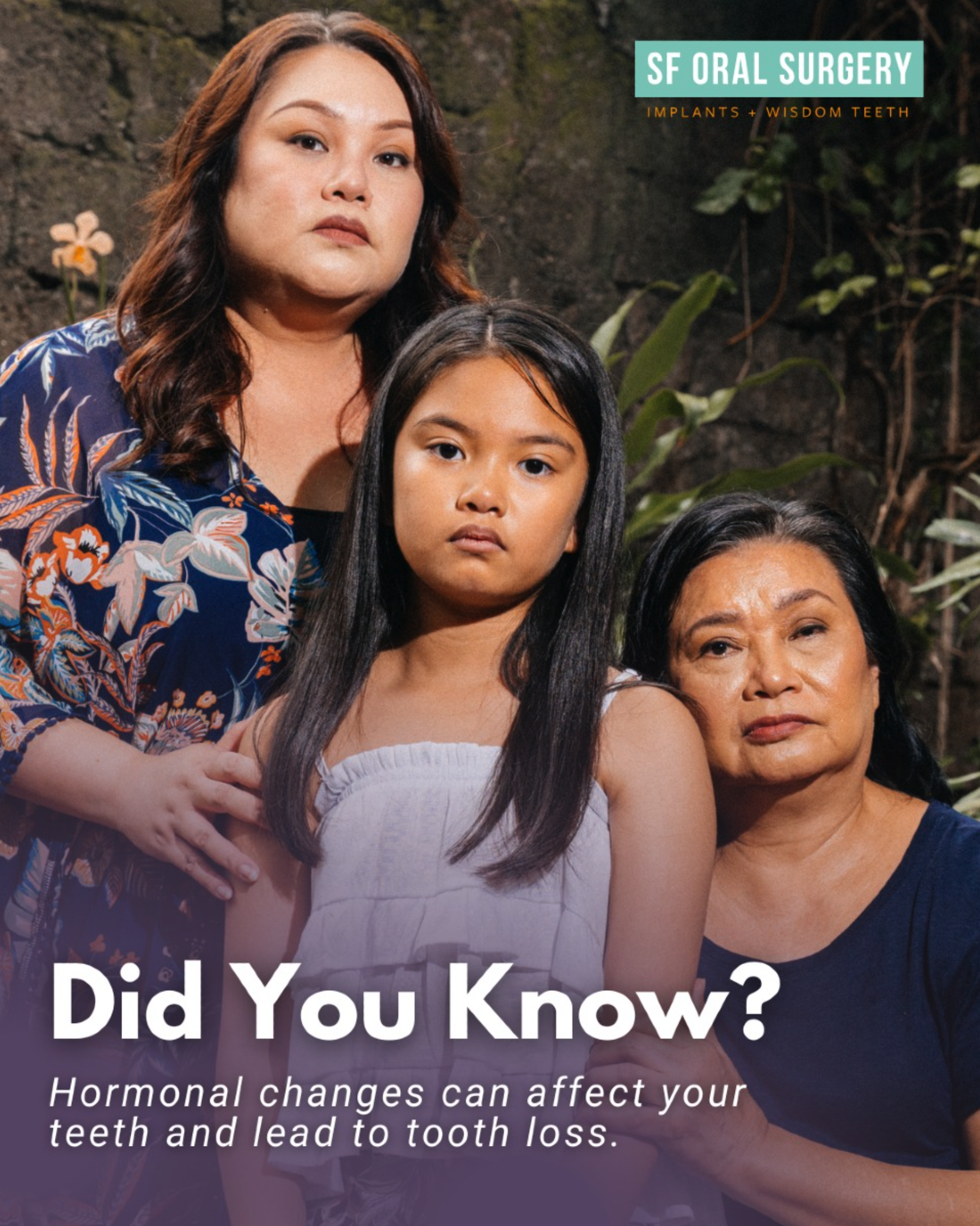An impacted tooth is trapped within the gum or jaw and has not grown in normally for some reason. The longer San Francisco patients wait to address an impacted tooth, the more potential there is for a complicated procedure that requires more extensive oral surgery.
What Are the Symptoms of an Impacted Tooth?
San Francisco patients diagnosed with an impacted tooth may not experience any related symptoms. However, most patients will experience at least one of the following symptoms:
- Pain or sensitivity around your gums and jaw when you bite down.
- Bad breath or an unpleasant taste in your mouth.
- Swollen gums.
- Recurring headaches or jaw aches.
- Sore throat
- Trouble opening your mouth.
The difficulty with diagnosing an impacted tooth is often related to patients misattributing impacted tooth symptoms with other causes.
How is an Impacted Tooth Diagnosed?
After recognizing the symptoms of an impacted tooth, you should mention your concerns to a general dentist during a routine exam. If you are experiencing a significant amount of pain, then schedule an exam as soon as possible.
The most common impacted teeth tend to be the third molars, or wisdom teeth, which are the backmost teeth. To ensure that you do not have impacted wisdom teeth, your dentist will identify telltale signs of impacted teeth using an X-ray for a precise diagnosis. Your impacted tooth may not be visible above your gums, but your dentist will be able to recognize an impacted tooth and refer you to an oral surgeon for treatment.
What Problems Can an Untreated Impacted Tooth Cause?
Most San Francisco patients believe that an impacted tooth is nothing more than an aesthetic concern. Unfortunately, the impacted tooth can also cause:
- The alignment of other teeth to shift.
- Increased risk of periodontal (gum) disease, tooth decay, and infection for nearby teeth.
- Pericoronitis, which is a soft tissue infection around the impacted tooth’s crown.
- Weakened bone around the impacted tooth.
- Damage and resorption to adjacent teeth.
- Cysts in the bone.
Risks for these problems vary based on the location, size, and characteristics of your impacted tooth, but all are possible outcomes that should be minimized with treatment.
Treating an Impacted Tooth
Depending on the location and severity of your impacted tooth, SF Oral Surgery will determine the best course of treatment for you. Treatment options for impacted teeth include:
- Extraction: Commonly employed for wisdom teeth, extraction simply removes the impacted tooth. If removing your impacting tooth will cause your missing tooth to be visible when you smile, we can replace it with a single implant to restore your smile.
- Expose: In cases where the impacted tooth simply has not erupted, such as canines, your oral surgeon can remove the gum tissue covering the tooth.
- Bracket: If there is no room for your impacted tooth to erupt, your oral surgeon will collaborate with an orthodontist to expose your tooth and then attach a bracket, or tiny gold chain, to the impacted tooth. This will gradually move your teeth to the correct position and guide your impacted tooth to its proper location.
At SF Oral Surgery, we prioritize your comfort and care during every step of your procedure. By developing the optimal treatment plan for your impacted tooth, we will ensure the health of your teeth for the long term. Learn more about treatments for impacted teeth to see how we can help you!
